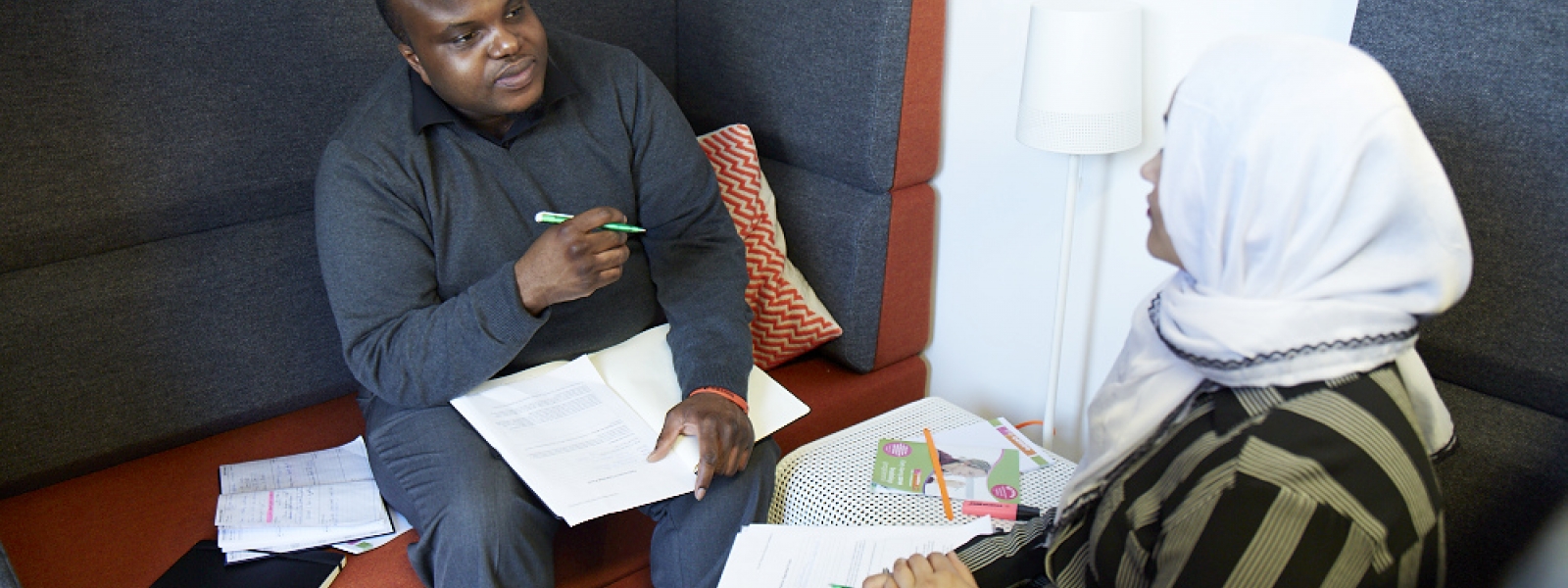Nov
20
2017
7 tips for conducting an interview
Interviews can be nerve-wracking for everyone involved, however as the interviewer it’s up to you to lead the way. Whether you’re new to interviewing, or have years of experience, there are a few tips that will make your interviews straight forward and effective.
1. Prepare
We expect interviewees to prepare, so you should too. Meet with the recruitment team to discuss questions and establish a structure. Ensure everyone knows what role they are playing, whether that’s welcoming the interviewee or keeping track of time.
2. Use the STAR model for competency questions
Competency based questions are a vital part of the interview process, and the STAR model is a great tool to use when developing those questions. It stands for Situation Task Action Results. A question that follows this model would be “Can you give us an example of when you have dealt with a difficult situation on your team? What was the situation? Why had it happened? What did you do? How was the situation resolved?”
3. Stick to the four stages
When developing your structure look to the four tried and tested stages: warming, norming, storming, and mourning. Firstly, make the interviewer feel relaxed and welcome. Next, explain the format of the interview and a bit of history about the organisation, then go on to the questions. This ‘storming’ stage should take up about 90% of the allotted interview time. Finally, close the interview and explain the next steps.
4. Walk in the shoes of the interviewee
Not literally, that would be weird! Think about if you were an interviewee, how would you feel if you came to your organisation for an interview? What would you think? If you wouldn’t feel comfortable or relaxed, they probably won’t either.
5. Start with a general, open question
Closed questions can be useful, but at the start of the interview you need to get your candidate talking. Asking at least one open question gives them the chance to speak and show off their experience and talent. Try a question like “tell me what you do in your present role”.
6. Uncross those arms and smile
Body language is a huge part of communication, so if your arms and legs are crossed your candidate may not feel welcome and comfortable. Be open and inclusive, but not invasive. Keep eye contact and smile – a serious frown can be intimidating!
7. Watch your language
If you’d like to develop your interview skills further, take a look at our one day Interview skills for managers course or contacts us on 020 7490 3030 or reception@the-centre.co.uk


